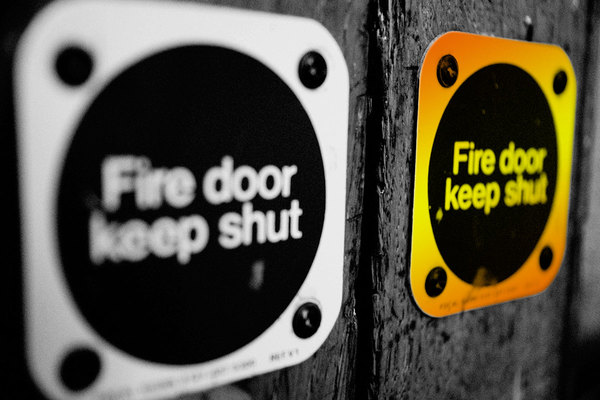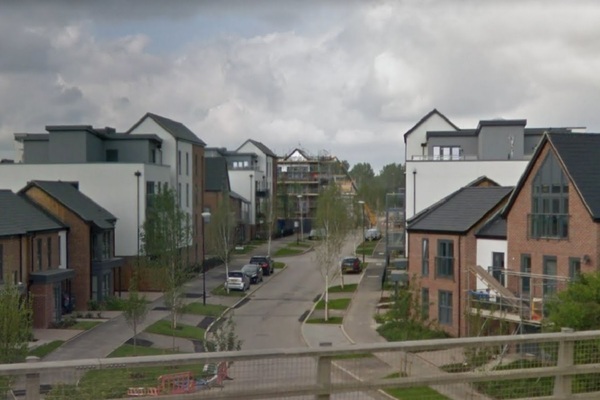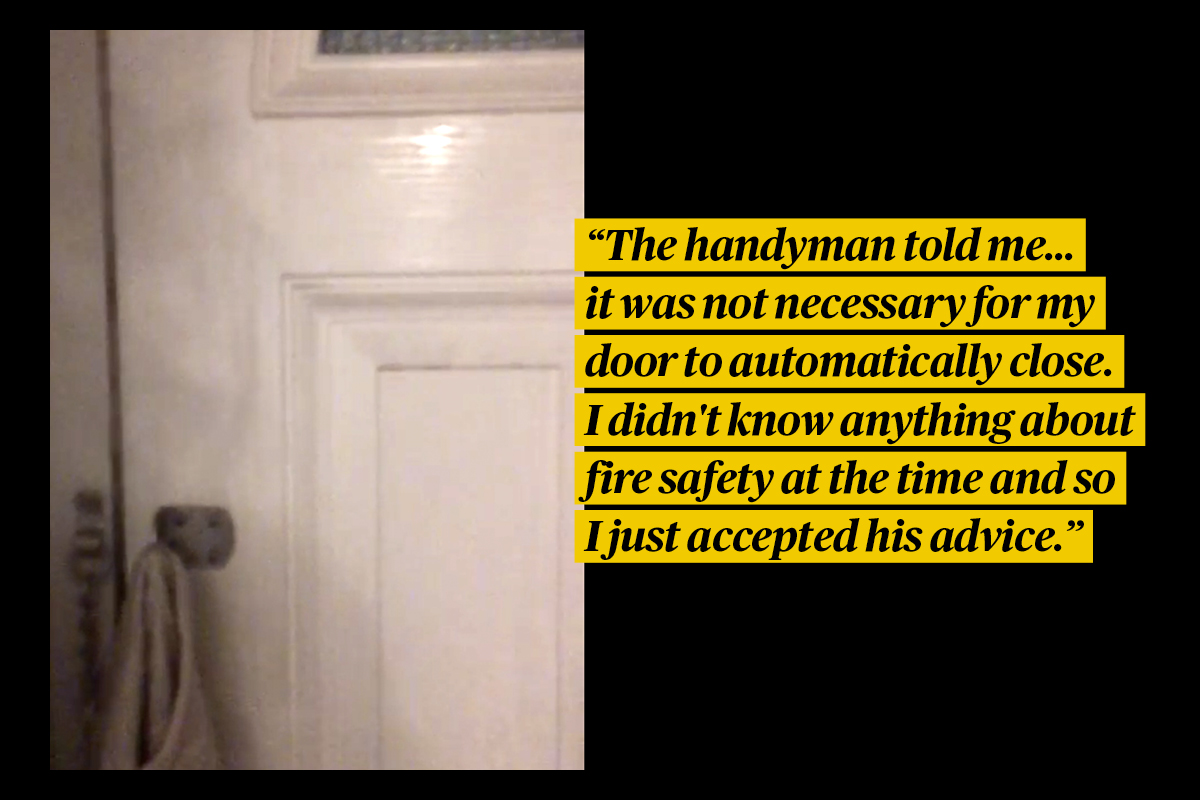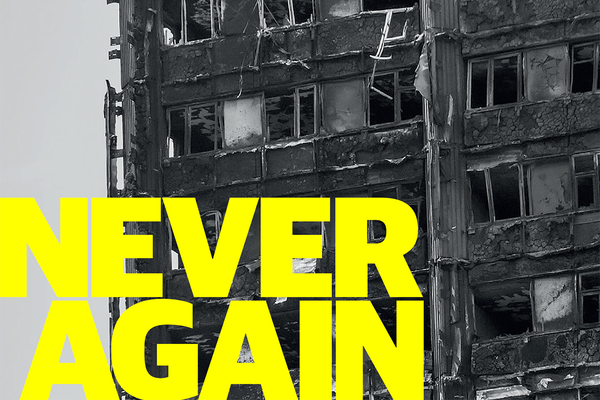You are viewing 1 of your 1 free articles
It is vital housing providers pay attention to Grenfell survivors' testimonies
The evidence from survivors of the Grenfell Tower fire should make landlords reflect on the gaps in their own approach, writes Martin Hilditch
After five harrowing weeks, the testimonies of survivors of the Grenfell Tower fire to the first phase of the independent inquiry into the tragedy finished this week.
Inside Housing has followed every day of the inquiry to bear witness to the important stories being told and also to pick up and pass on all the learning that emerges.
It’s vital for the wider housing sector to pay attention to these testimonies if it is to live up to the pledge that such a tragedy must never happen again.
So, what have we learned? First, to date much of the national coverage of the fire has concentrated on the cladding on the outside of the building.
Clearly this is a crucial issue. But the testimony from residents provided a constant reminder that this was one of many failings – and that the rapid internal spread of the fire and smoke within the building should be taking up as much of our thinking time.
There have been numerous similar cladding fires worldwide in tall buildings (to everyone’s shame) but it was the rapid internal spread that meant Grenfell had such devastating consequences.
This then leads us to a second lesson – about the way complaints procedures work.
By scrutinising each witness statement, we can now evidence how many residents had complained to Kensington and Chelsea Tenant Management Organisation (KCTMO) about critical fire safety failings before the fire.
At least 29 of the 81 witnesses (36%) said they had raised issues about fire doors or their window frames that, based on their evidence, don’t appear to have been appropriately sorted.
It is important not to prejudge the inquiry. Nonetheless these are strikingly high figures that raise a number of questions.
If problems about gaps around windows or fire doors not closing properly kept being flagged, were they simply treated as individual issues?
Who, if anyone, was taking an overview of the types of problems that were being reported? At what point could, or should, they have been flagged as a potential systemic problem and tackled accordingly?
If these are all specific questions, there are wider issues for social and private landlords. All social landlords have complaints procedures. But how effective are they? Are landlords joining the dots between individual complaints and the wider problems they might signify?
"Who, if anyone, was taking an overview of the types of problems that were being reported?"
What wider investigations might be appropriate after one tenant flags a breach of compartmentation in their property?
More generally, the witnesses speak time and again about their feelings of being ignored by their landlord.
There has been much talk about the importance of listening to tenants since the Grenfell Tower fire, but surprisingly little discussion about what this means in practice.
The government keeps flagging this as an important issue – but it is yet to take any real action itself to facilitate the creation of any real voice for tenants that might challenge and influence its own decisions.
The end of the survivors’ testimonies is an appropriate time for all organisations to reflect on the gaps that still exist in their own approach – and take swift steps to address them.
Martin Hilditch, managing editor, Inside Housing
Never Again campaign
Inside Housing has launched a campaign to improve fire safety following the Grenfell Tower fire
Never Again: campaign asks
Inside Housing is calling for immediate action to implement the learning from the Lakanal House fire, and a commitment to act – without delay – on learning from the Grenfell Tower tragedy as it becomes available.
LANDLORDS
- Take immediate action to check cladding and external panels on tower blocks and take prompt, appropriate action to remedy any problems
- Update risk assessments using an appropriate, qualified expert.
- Commit to renewing assessments annually and after major repair or cladding work is carried out
- Review and update evacuation policies and ‘stay put’ advice in light of risk assessments, and communicate clearly to residents
GOVERNMENT
- Provide urgent advice on the installation and upkeep of external insulation
- Update and clarify building regulations immediately – with a commitment to update if additional learning emerges at a later date from the Grenfell inquiry
- Fund the retrofitting of sprinkler systems in all tower blocks across the UK (except where there are specific structural reasons not to do so)
We will submit evidence from our research to the Grenfell public inquiry.
The inquiry should look at why opportunities to implement learning that could have prevented the fire were missed, in order to ensure similar opportunities are acted on in the future.
Sprinklers: what do they cost and how well do they work?
What do sprinklers really cost? Can they really go off by mistake? And how many fires have they actually put out?














